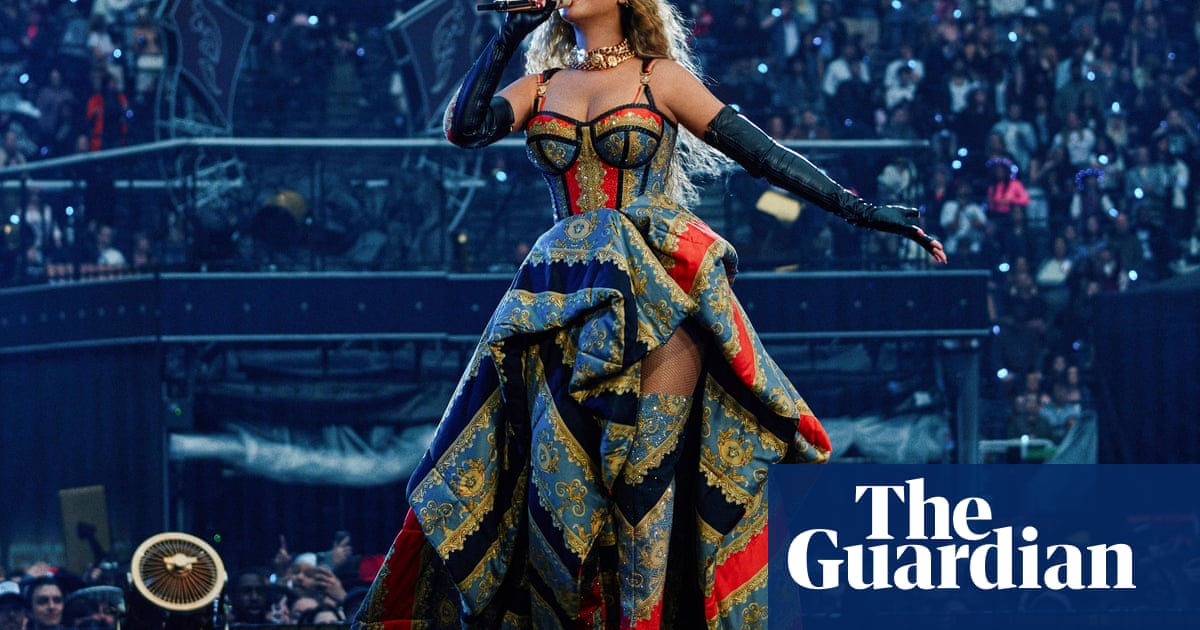The article highlights the growing concern over fake concert ticket scams, particularly in light of the high-profile concerts scheduled in the UK this summer. It serves as a warning to concert-goers, urging them to purchase tickets only from official sources. This prompts readers to share their experiences with scams, fostering a community dialogue around the issue.
Purpose of the Article
The intent behind this article is to raise awareness about the prevalence of ticket scams and to encourage caution among potential concert attendees. By inviting readers to share their experiences, the article aims to create a collective understanding of the issue, potentially helping others avoid similar situations. It also reflects a proactive stance from Ticketmaster, showing they are taking steps to protect consumers.
Public Perception
The article likely aims to instill a sense of vigilance among concert-goers. By highlighting the dangers of purchasing tickets from unofficial sources, it seeks to promote a culture of awareness and caution. This can foster trust in official ticket vendors, potentially benefitting companies like Ticketmaster in the long run.
Potential Hidden Agendas
While the primary focus is on ticket scams, there may be an underlying motive to reinforce the dominance of official ticketing platforms. By emphasizing the risks of third-party purchases, the article could inadvertently discourage competition, benefiting larger ticketing companies.
Manipulative Elements
There is a subtle manipulation in how the information is presented. The article frames the narrative around loss and vulnerability, which can evoke emotional responses from readers. The call for personal stories positions the publication as a community platform while also drawing attention to the struggles faced by individuals, thereby strengthening the article's impact.
Truthfulness of the Information
The information presented appears credible as it aligns with known industry issues, such as ticket touting and scams. The invitation for personal anecdotes adds a layer of authenticity, although the article could benefit from including expert opinions or statistics to bolster its claims further.
Community Impact
This article could galvanize communities, especially those affected by ticket scams, by creating a platform for shared experiences. It may also lead to increased reporting of scams, prompting further action from authorities or industry stakeholders.
Economic Influence
In the larger context, this discussion around ticket scams could influence the ticketing industry, particularly stocks of companies involved in ticket sales. Companies like Ticketmaster may see a temporary boost in sales as consumers choose more secure purchasing options.
Geopolitical Relevance
While the article primarily addresses a consumer issue, it touches on broader themes of security and trust in transactions. In today's globalized economy, such consumer trust issues can have ripple effects across various sectors.
Potential Use of AI
It is possible that AI tools were used in drafting this article to analyze data trends related to ticket scams or to curate reader stories effectively. The language used is straightforward and serves to engage readers, suggesting a structured approach that could be supported by AI.
Conclusion
Overall, the article serves as a crucial reminder of the dangers associated with purchasing concert tickets from unofficial channels. It strikes a balance between raising awareness and fostering community engagement, while also subtly reinforcing the value of official ticket vendors.
